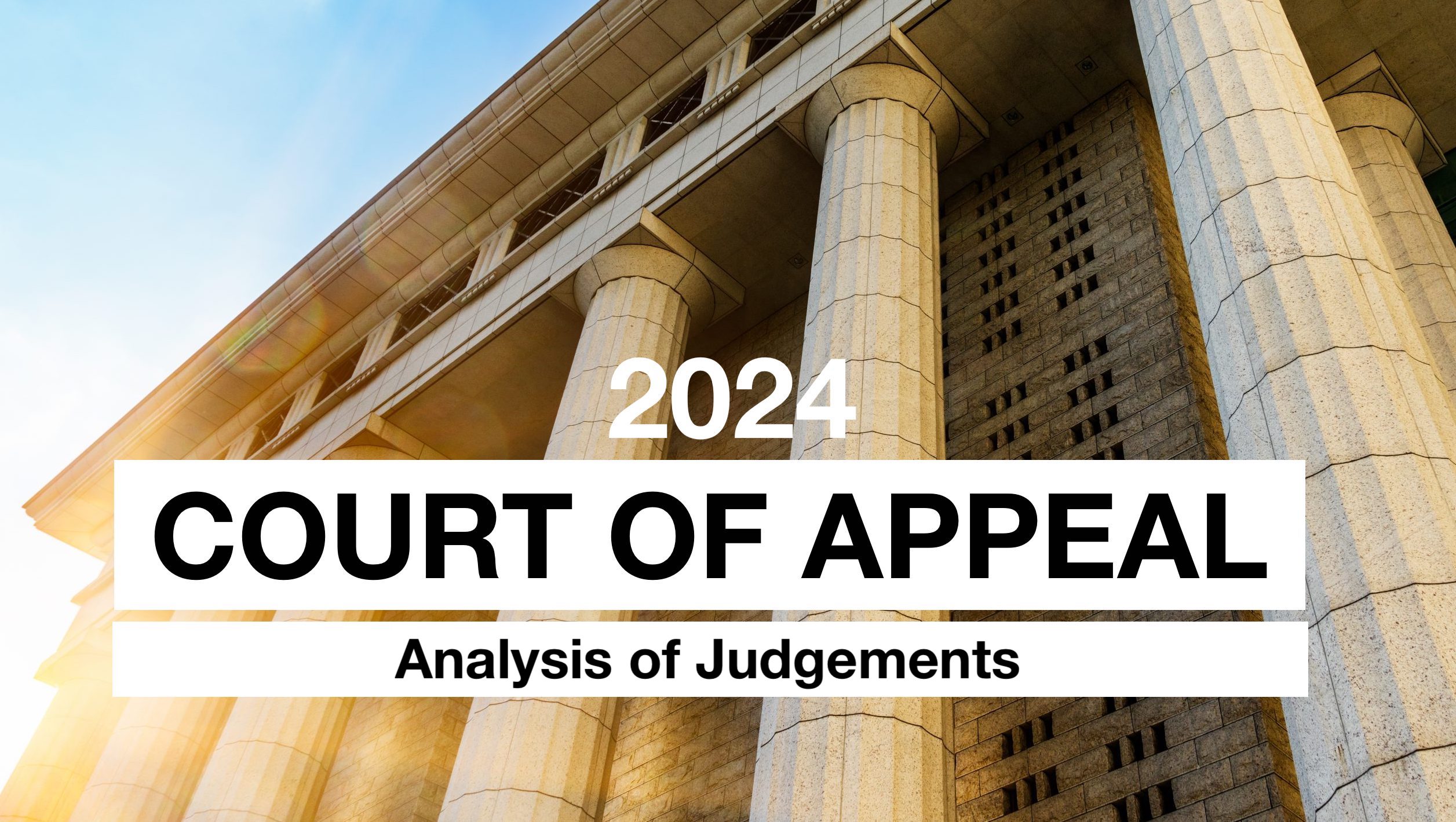Case Overview:
The petitioner, Gowri Somasundaram, sought relief through a writ of prohibition in Court of Appeal Case: CA-WRT-229-23 to prevent her arrest under allegations of financial fraud related to a sum of Rs. 16,200,000. The case revolved around whether the transaction between the petitioner and the 2nd respondent, Suranjani Wickrameratne, was a commercial arrangement or involved criminal misappropriation and fraud.
Key Issues:
- Nature of the Transaction:
- The 2nd respondent alleged that the petitioner misappropriated funds intended for an investment project.
- The petitioner argued that the funds were transferred to a third party, Dr. Rahul Chaturvedi, with the 2nd respondent’s consent.
- Criminal Allegations:
- The 2nd respondent filed a complaint alleging violations under Sections 403, 386, and 389 of the Penal Code (cheating, criminal breach of trust, and dishonest misappropriation).
- Procedural and Jurisdictional Concerns:
- The petitioner sought to prevent her arrest, asserting that no evidence demonstrated criminal intent or wrongdoing on her part.
- The respondents contended the availability of alternative remedies and alleged suppression of material facts by the petitioner.
Judicial Findings
- Intent and Evidence:
- The court determined no evidence indicated the petitioner acted dishonestly or fraudulently.
- Documents provided showed that the funds were transferred to Dr. Chaturvedi with the 2nd respondent’s knowledge.
- Lack of Mens Rea:
- For allegations under Sections 386, 389, and 403 of the Penal Code, dishonesty and fraudulent intent must be established.
- The court concluded that the petitioner neither gained wrongfully nor caused wrongful loss, as required to prove criminal misappropriation.
- Delayed Complaint:
- The 2nd respondent filed a complaint six years after the transaction, undermining claims of fraud or dishonesty.
- Commercial Nature of the Transaction:
- Evidence, including correspondence and WhatsApp communications, indicated the transaction was part of a failed investment venture.
- Prohibition against Arrest:
- The court invoked principles of administrative law to issue a writ of prohibition, preventing the petitioner’s arrest in the absence of incriminating evidence.
Judgment
- The court held that the transaction was a commercial agreement, not a criminal act.
- A writ of prohibition was issued, restraining the 1st respondent from arresting the petitioner based on allegations in the B-Report (B84731/01/23) or any other related offenses.
Key Takeaways
- Mens Rea in Criminal Allegations:
- Dishonest or fraudulent intent is critical for proving charges like cheating or criminal misappropriation.
- Commercial vs. Criminal Transactions:
- Mismanagement or failure of a commercial agreement does not automatically imply criminal liability unless intent to defraud is proven.
- Delayed Complaints:
- Significant delays in reporting alleged fraud weaken the credibility of accusations and the likelihood of criminal culpability.
- Writ of Prohibition:
- This remedy ensures protection against wrongful exercise of power by authorities in the absence of jurisdiction or legal basis.
Implications
This case underscores the importance of distinguishing between civil and criminal matters in financial disputes. It also highlights the role of writ jurisdiction in safeguarding individuals from unwarranted legal actions when no prima facie evidence supports allegations.
Download Full Judgment














